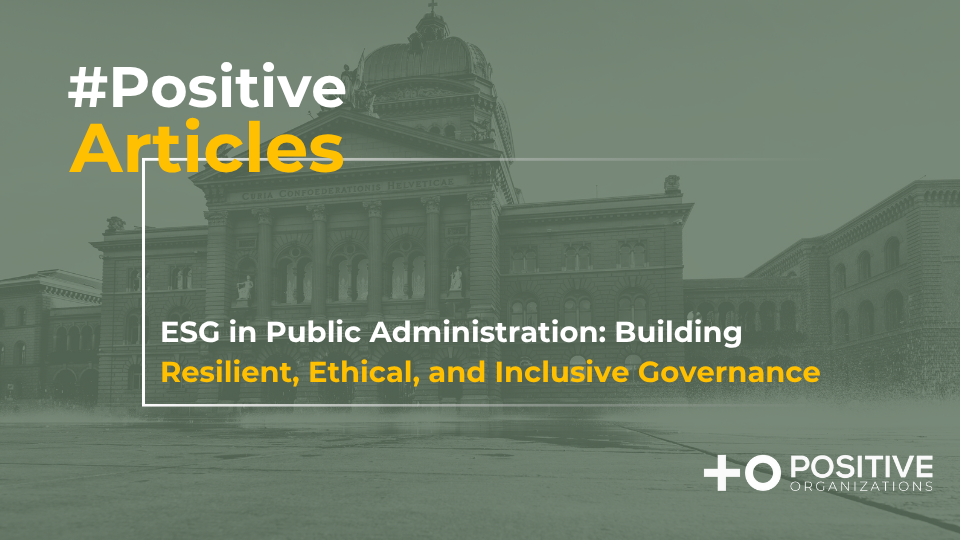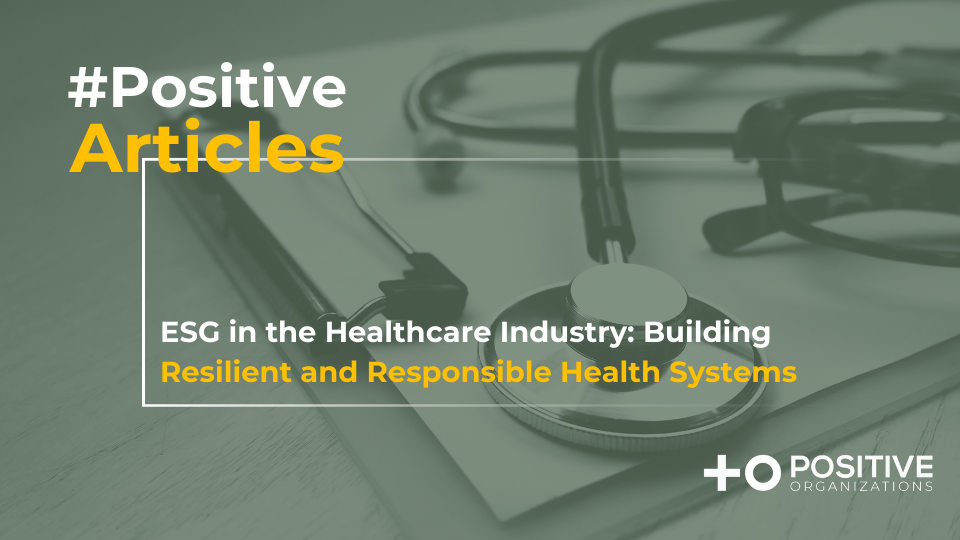.png)
.png)
As environmental, social, and governance (ESG) factors become central to investment decisions, ESG ratings have emergedas key tools for assessing corporate sustainability performance. Investors, policymakers, and companies rely on these ratings to gauge environmental impact, ethical business practices, and governance quality. But a growing body of research suggests that ESG ratings may not be as reliable as they seem. The critical question is: are ESG ratings truly guiding investors toward sustainable investments, or are they creating more confusion than clarity?
A major concern is the drastic variation in ESG ratings across different providers. Unlike credit ratings, where agencies generally agree on risk assessments, ESG ratings often differ significantly. A study by Chatterji, Levine, Toffel, and Johnson (2016) found that ESG rating divergence is less about a company’s actual sustainability performance and more about methodological inconsistencies. Each rating agency applies its own criteria, weighting factors differently and using distinct data sources, leading to a fragmented landscape where the same company may receive widely varying scores from different providers.
This inconsistency poses a major challenge for investors. Two rating agencies may assess the same company and come to opposite conclusions about its ESG credentials, making it difficult to compare investments objectively. A firm ranked highly by one provider for its environmental efforts may receive a low score from another due to governance concerns, leaving investors to wonder which rating—if any—accurately reflects reality. The lack of standardization risks misleading investors who depend on ESG ratings to align their portfolios with sustainability goals.
Another issue is the opacity of ESG rating methodologies. Many providers do not fully disclose how they assess companies, making it difficult for investors to scrutinize the basis of ratings. Some agencies rely heavily on self-reported corporate data, which may be subject to selective disclosure or even greenwashing. Without clear and consistent methodologies, ESG ratings may serve more as marketing tools than as objective measures of sustainability.
Despite these challenges, dismissing ESG ratings entirely would be premature. When used carefully, they can offer valuable insights into corporate sustainability practices. Rather than relying solely on a single ESG rating, investors should compare ratings from multiple providers, examine the underlying methodologies, and consider alternative data sources such as third-party sustainability reports or regulatory disclosures.
For ESG ratings to fulfill their potential, greater transparency and standardization are essential. Regulators and industry bodies must establish clearer guidelines to ensure consistency in rating methodologies. Investors should advocate for more disclosure from rating agencies, while companies must engage proactively to improve the accuracy of their sustainability reporting.
To enhance the effectiveness of ESG ratings, the European Union has introduced Regulation (EU) 2024/3005, aimed at improving transparency and standardization in ESG rating activities. This regulation mandates that ESG rating providers operating within the EU beauthorized and supervised by the European Securities and Markets Authority (ESMA). It also requires these providers to disclose their methodologies and data sources, and to implement measures to prevent conflicts of interest. The regulation is set to apply from July 2026, following its publication in the EU's Official Journal in December 2024.
ESG ratings are not inherently flawed, but with so many different rating providers available, it can be overwhelming to determine which one truly aligns with your goals. The challenge lies not only in choosing the right rating but also in understanding how to interpret them effectively. With each provider using different methodologies and criteria, it’s difficult to know which rating reflects the most accurate picture of a company’s sustainability efforts. To make informed investment decisions, investors must navigate this complexity by scrutinizing ratings, understanding their limitations, and using them alongside other resources. Only through clearer transparency can ESG ratings become a reliable tool for sustainable investing.
This is where Positive Organizations can help. As an ESG consultancy firm, we provide expert guidance to help companies, investors, and stakeholders navigate the complexities of ESG ratings. Our team specializes in analyzing rating methodologies, identifying key ESG performance drivers, and ensuring that sustainability efforts are accurately represented. By offering tailored strategies for improving ESG disclosures and aligning corporate sustainability goals with credible metrics, we empower businesses to make informed decisions and enhance their long-term impact. With our expertise, you can move beyond the confusion of inconsistent ESG ratings, choose the most suitable and reliable ones, and build a truly responsible and transparent investment strategy.
Start Your
Journey Today









.png)





